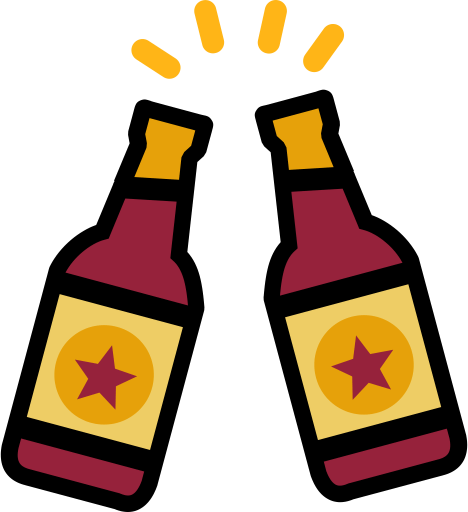I like beer! - IPA’s and similar atm, but i drink most beer. Looking in to start brewing myself (having a kit at home) I’m also looking in to growing my own hops.
Do you have any recommendations on what verity? Something that could be used for many different brews but have a distinct taste.

Welcome to the hobby!
For home-grown hops, I’d focus on something you’d want to use as an aroma addition or a dry-hop, e.g. Citra for citrus-forward beers. See what rhizomes are available for purchase and look up their flavor/aroma profiles and buy what looks enticing!
I would gently recommend against homegrown hops for bittering - it can be difficult to know how much bitterness a hop variety will impart if you don’t know its precise alpha acid content - something that you’ll get right on the label for hop pellets. Furthermore, the character of a homegrown hop - which is unique and special - will be best expressed when used as a flavor or aroma hop.

You can start with saaz but it depends on your location.
Oh, forgot! I’m in the southern Sweden! Saaz seems a little boring (= I see they call it noble but at the same time that must mean common (=
Saaz isn’t boring, it’s fantastic! “Noble” just refers to specific lineages of low-bitterness western European hops, it’s basically a marketing term. It definitely doesn’t mean that they’re common or to be overlooked. In fact, if you’re interested in brewing lagers like pilsners, Saaz would be the perfect choice.

There is lot of things that go in the growing hops - clima, soil, water conditions. For Sweden I would chose some not too bitter variety - Czech or German. But you have to look up what is available for you.

Cascade is a hop that grows well throughout the US (assuming you live there) and can be used in a wide range of american focused styles (APA, American Stout etc) and tends to be fairly high in bound thiols which you can unlock by using a yeast strain that can free them to create extremely tropical, fruity IPAs. It also has a solid AA% making it a fairly good bittering hop.

I live in Washington state in the us, and there is a lot of hop growing on the eastern side of the state. They offer a hop class for home brewers, and I took it several years ago. They said that high alpha acid hops like you’d use in IPAs require a specific climate (sunlight and heat) to get the bittering levels up and recommended us home brewers only go for the aroma hops when growing at home. I’ve grown, and continue to grow willamette, cascade, tettnang, and sterling. I’d have to look, but I’m pretty sure the willamette are the best producers for me.

Welcome! This is why I love homebrewing - there’s so many paths to explore that you never get bored unless you really want to.
I’ve limited knowledge on hop growing, I seem to recall however that some hop varieties may be under patent, so might be difficult to source for growing purposes.
I myself am quite partial to Simcoe since it has a relatively high alpha acid content so you’d use less for bittering than for example Saaz. I also like the flavour of Simcoe when people use it for aroma and dry hopping. I might be mistaken but I think it may have gone out of patent protection.
I’ve heard of people who’ve…acquired…Citra rhizomes. Totally legally, of course.
Simcoe sounds really interesting (found descriptions mentioning oranges and pine)! Its available in a local brewing shop so i will absolutely try it! Can’t find the seeds on the first google try - but if i like it I’m sure there is a way to get them (=

I started some Cashmere rhizomes this year. At my old house I had nugget which was kind of limited on character I found.

I got into brewing because I wanted to try the random hop that had been growing in my parents yard for ages. Turned out ok! Likely not a noble variety but it suggests that basically any hop will “taste like hop”.
